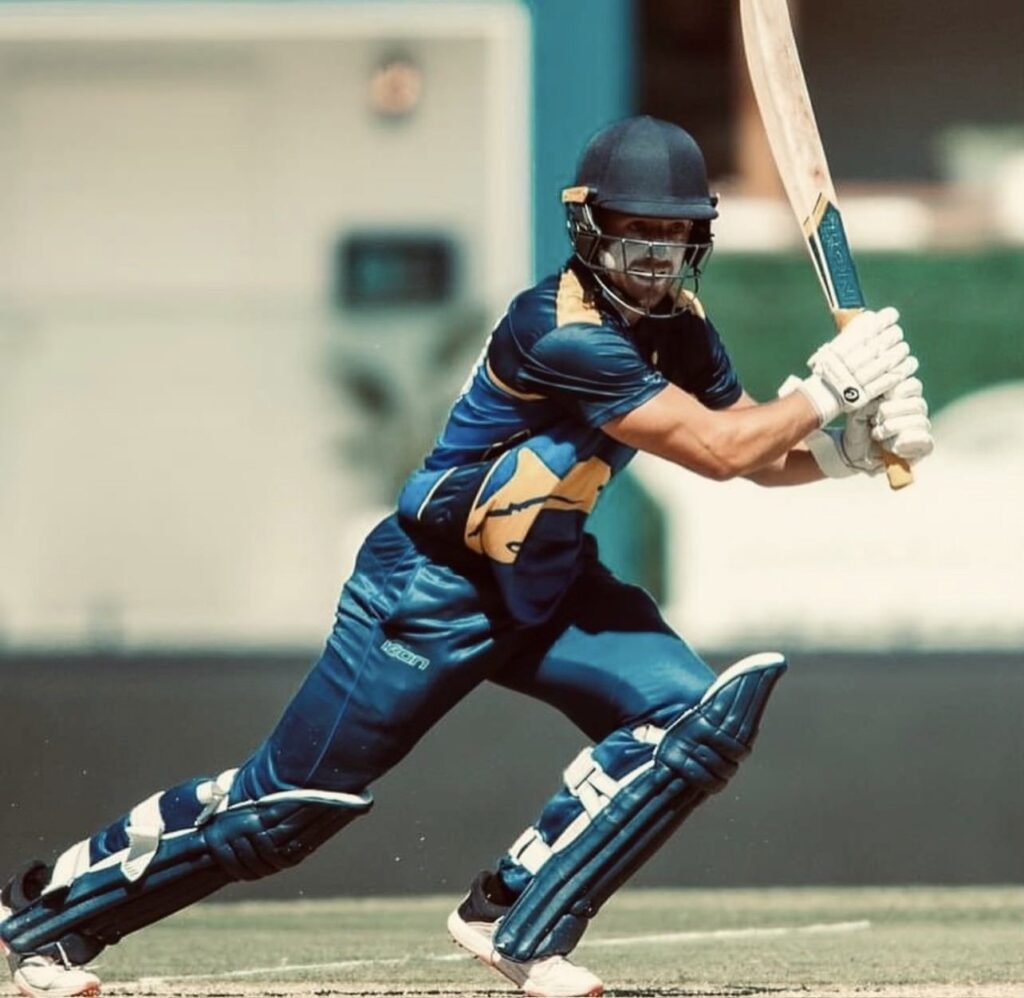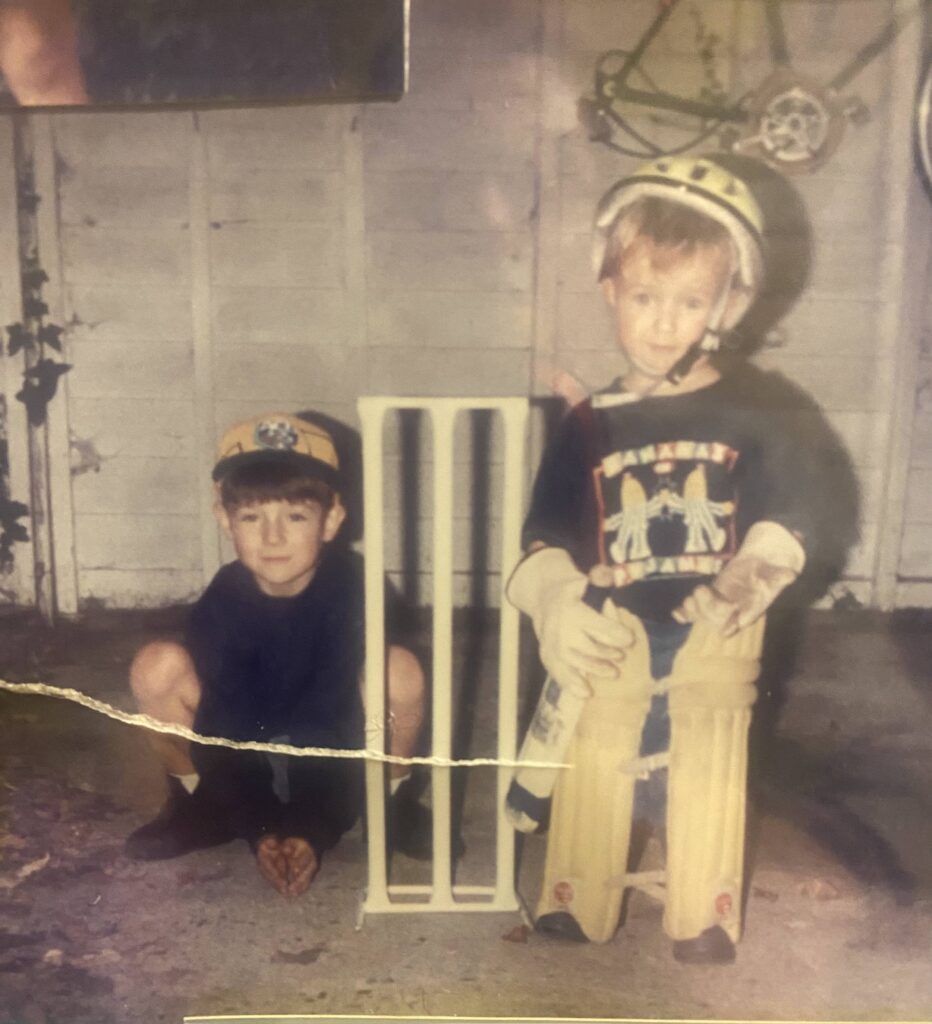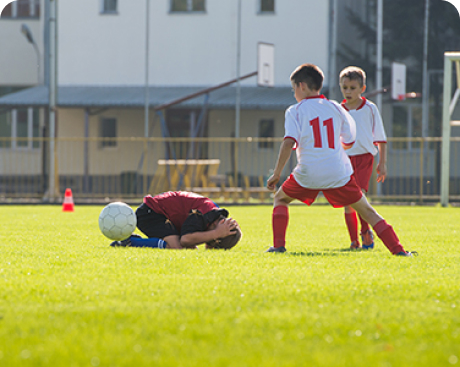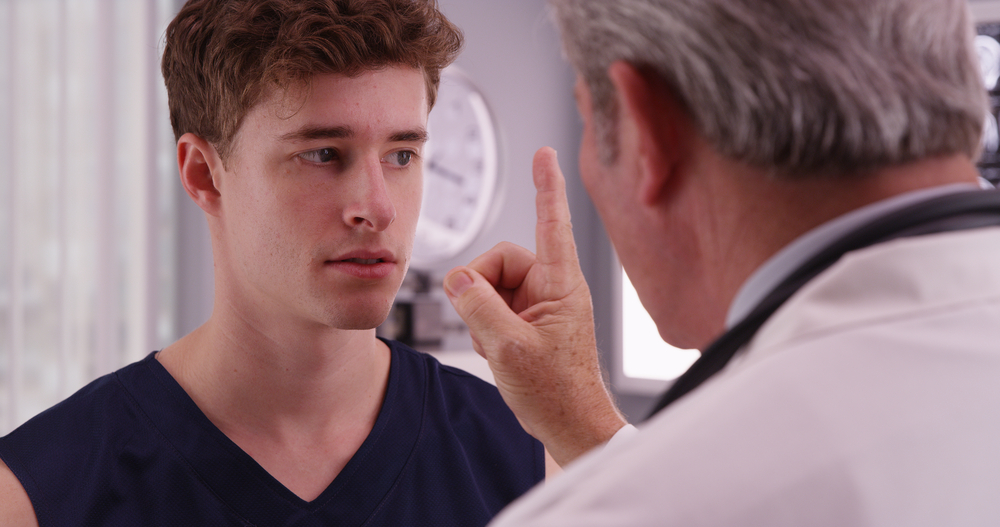
“Medically retired from all sport at age 29.” Pretty upsetting to read, but I promised myself when I was contacted by CLF Australia that my story wasn’t going to be one of self-pity, as so many people have it worse than me. What do I fear the most about repeated brain injuries? It isn’t the constant daze, headaches or mood swings, but instead I fear that when life is at its most enjoyable, I won’t be able to control my symptoms. I fear that when I have a family I won’t function to the best of my ability or be able to run, kick, or maybe, I’ll forget things completely. My name is Trent Robert Keep, a 29-year-old male born in Latrobe on the North West coast of Tasmania and I have experienced repeated head trauma from sport and during my rehab processes.
The first hospitalisation took place when I was batting in the nets at Blundstone Arena in Hobart with the Tasmania Tigers Emerging Talent program. This concussion resulted in three months of rehabilitation. I remember feeling guilt, judgement, anxiety, and depression. My mates continued with preseason while I slept, tried to do exercise, slept again, had panic attacks, and slept some more. I never felt like me. With the help of a specialist, I managed to get back to full fitness and continued playing cricket that summer, although I struggled for results. Honestly, I wish I could blame the concussion completely, but I really did just perform poorly. Was there a correlation? I couldn’t be sure. What I am sure about is that my life would never be the same again.
In 2019 I won the Emerson Rodwell Medal as Tasmania’s best and fairest of the Cricket Tas Premier League. Invited back to the Emerging Talent program, I would train from 6am to 9am with the program and play AFL football from midday on.
On a Saturday afternoon I decided to go back with the flight of the ball and was caught across the face with an elbow, resulting in my head falling to the hard surface and bouncing off the ground. There is footage of this incident, but I’ve only watched it once. After a brief loss of consciousness, I remember being in and out of a state in the hands of trainers and then in an ambulance. Did I realise the severity of the incident when I was admitted to the Royal Hobart hospital? No, not at the time.
Following various MRI’s and CT scans a small lesion was found on my brain. It was after this second severe incident that doctors had decided whilst my brain was in recovery mode, sport was no longer an option for me. I lived with my brother and couldn’t do a great deal on my own. I had heart complications and a constant fog followed me step by step. Then, one day my world turned black whilst standing over the sink. I stumbled and hit my head again… concussion #3.
Fast forward 3 years and there have been so many small instances where I have hit my head and felts symptoms, including walking into stairs, hitting my head on door frames, small incidental knocks to my head at the gym. These additional concussions caused me grief.

I now live on the Gold Coast, and until recently life was rosy. I had even returned to playing cricket (it may be mad, but it meant something to me, this game had been my life). Unfortunately, on Wednesday January 18, 2023, whilst batting in the nets at the Broadbeach cricket club a ball came through the net from another player’s bat and hit me in the helmet. Luckily not at an alarming pace, but for me enough to send my brain into a spin. I was admitted to hospital again that evening and didn’t leave until the following Monday. I remember Thursday and Friday being two of the longest days of my life. My balance was shot, and I was medicated to ease the drumming between my skull, a headache like no other.
So, why do I feel like my story is worth sharing? Because like everything in life, you don’t know how it will affect someone else. Concussion is an invisible injury and, in some cases, a permanent impairment. The more people who have suffered and can share their stories the more knowledge we will gain about concussions and their impacts. My brain will be donated to science, I just wish there was more I could do now. CLF Australia is now a huge part of my life and being a mentor/support for people dealing with concussion symptoms is something that means a lot to me.
Throughout my recovery (which is still ongoing), I have been able to connect with people whose stories you may have already read. Personally, I would love to see greater education on concussion, particularly in early adolescent sport. Giving players the confidence and safe space to share how they feel without fear of weakness or judgment is a place we need to get too.
I’m grateful that I am here and able to help in any way I can. I am proud that my story may reach one person struggling with a concussion who finds comfort that they aren’t alone, and that people have walked and rehabbed the path before, and that someone understanding is just a phone call away. Assistance on many levels and a shoulder (or brain) to cry on is right here.
I hope you enjoyed my story and please don’t feel sorry for me, but instead, channel your energy towards helping with concussion awareness and research to gain a greater understanding.
Trent Keep

